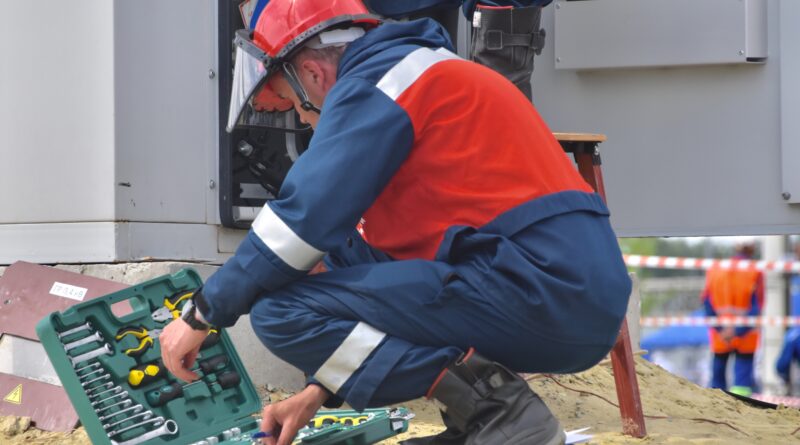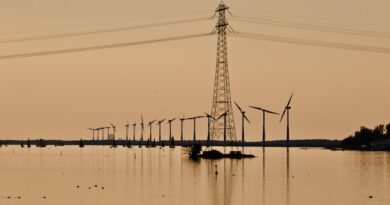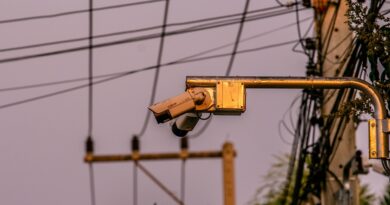Stay Safe and Sound: Expert Tips for Effective Electrical Safety Inspections
Introduction
We prioritize your safety above all else. Electrical safety is a crucial aspect of maintaining a secure environment, whether it’s in your home, office, or any other space. To ensure your peace of mind and protect against potential hazards, we have compiled a comprehensive guide on conducting effective electrical safety inspections. By following these expert tips, you can minimize risks and create a safe environment for yourself and those around you.
Understanding the Importance of Electrical Safety Inspections
Electrical safety inspections play a vital role in identifying potential issues before they escalate into dangerous situations. Whether you are a homeowner, a business owner, or a property manager, regular inspections are essential to prevent electrical malfunctions, fires, and electrical shocks. By adhering to a proactive approach and conducting thorough inspections, you can identify hidden problems, faulty wiring, outdated components, and other potential risks that may compromise the safety of your property and its occupants.
Conducting a Comprehensive Electrical Safety Inspection
1. Engage a Certified Electrician
When it comes to electrical safety inspections, it is imperative to consult with a certified electrician who possesses the necessary knowledge and expertise. A qualified professional can accurately assess your electrical system, identify potential hazards, and provide appropriate recommendations to rectify any issues. Their experience ensures that inspections are conducted meticulously, covering all areas of concern.
2. Check for Damaged or Outdated Wiring
Worn-out or damaged wiring is a significant hazard that should never be overlooked. During an electrical safety inspection, the electrician will thoroughly examine the wiring throughout your property. They will pay close attention to signs of wear and tear, frayed insulation, loose connections, and any other issues that could lead to electrical failures or fires. Timely replacement or repair of damaged wiring is critical to maintaining a safe electrical system.
3. Assess Electrical Panels and Circuit Breakers
Electrical panels and circuit breakers are the control centers of your electrical system. A comprehensive inspection should include a thorough examination of these components to ensure their proper functioning. The electrician will check for signs of overheating, corrosion, loose connections, and other irregularities that could compromise the safety and efficiency of your electrical system. Any damaged or malfunctioning panels or breakers should be promptly addressed to prevent potential hazards.
4. Inspect Outlets, Switches, and Light Fixtures
Outlets, switches, and light fixtures are commonly used electrical components that require regular inspection. The electrician will assess the condition of these devices, looking for signs of wear, loose connections, and potential electrical shocks. They will also verify proper grounding and polarity to ensure the safe operation of these essential elements in your electrical system.
5. Test Ground Fault Circuit Interrupters (GFCIs)
Ground Fault Circuit Interrupters (GFCIs) are crucial safety devices installed in areas prone to moisture, such as kitchens, bathrooms, and outdoor spaces. These devices protect against electrical shocks by instantly cutting off power when a fault is detected. During an inspection, the electrician will verify the functionality of GFCIs and ensure their proper installation and operation.
6. Evaluate Outdoor Electrical Systems
If your property has outdoor electrical systems, such as lighting, outlets, or electrical panels, these areas require thorough inspection as well. The electrician will examine weather-exposed components, ensuring they are adequately protected against environmental elements. They will also check for signs of damage, water intrusion, and proper grounding to safeguard against potential electrical hazards.
Conclusion
Your safety is our top priority, and conducting regular electrical safety inspections is an essential step in minimizing risks and ensuring a secure environment. By engaging a certified electrician and following the expert tips outlined in this article, you can proactively identify and address potential electrical hazards before they pose a threat. Don’t compromise on safety—schedule your electrical safety inspection today and enjoy peace of mind knowing that you have taken the necessary steps to protect yourself, your loved ones, and your property.




